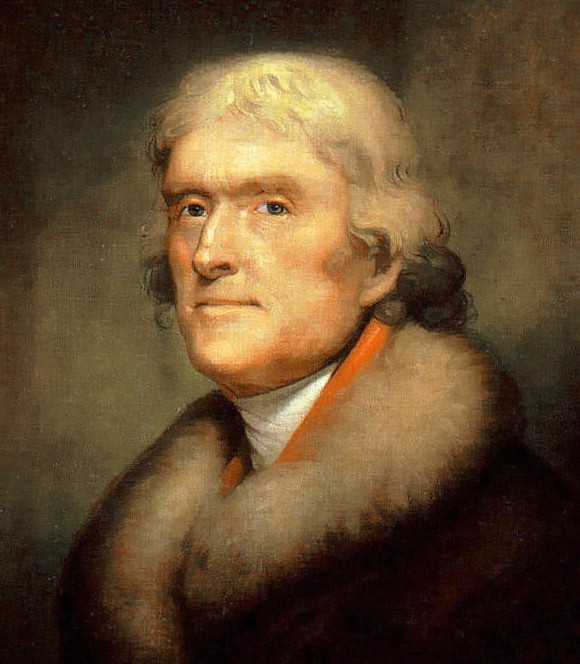
I tremble for my country when I reflect that God is just.
— THOMAS JEFFERSON
A Review of In Pursuit of Reason: The Life of Thomas Jefferson, by Noble E. Cunningham. Jr., Baton Rouge and London: Louisiana State University Press, 1987. 414 pages.
With the exception of the driven and depressed Lincoln, no major figure in American history is in the final analysis, more enigmatic than Jefferson. Without any exception, none is more complex. There is more to the enigma and complexity than a multitude of facets—political leader, botanist, architect, linguist, ethnographer, musician, man of letters, and much else. (If he had never held a public office.
Jefferson’s correspondence would still be one of the most valuable treasures of his era.) But behind these varied roles was a mind of a very high order. With deep and complicated reserves, yet covered by an impenetrable mask of everyday balance and harmony that was more than sufficient for the highest worldly success without beginning to exhaust its capacity or reveal its real nature. In many respects, the enigma of Jefferson, delightfully hinted at in Albert Jay Nock’s early-20th-century biography, is similar to that of his contemporary, Goethe, and likewise will remain forever inaccessible to those of us who do not enjoy the mental and moral gifts of nature in such abundance.
More @ The Abbeville Institute

No comments:
Post a Comment